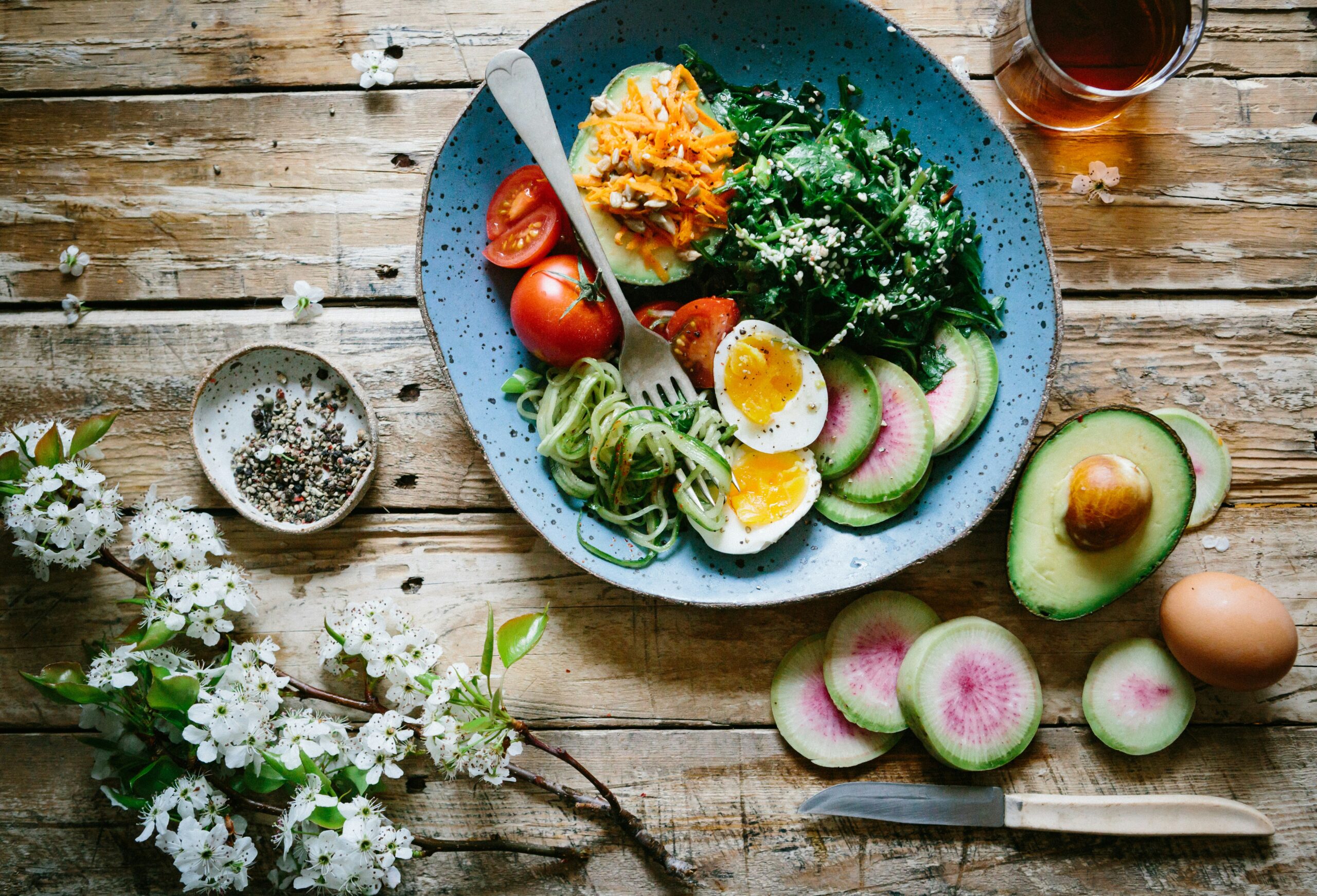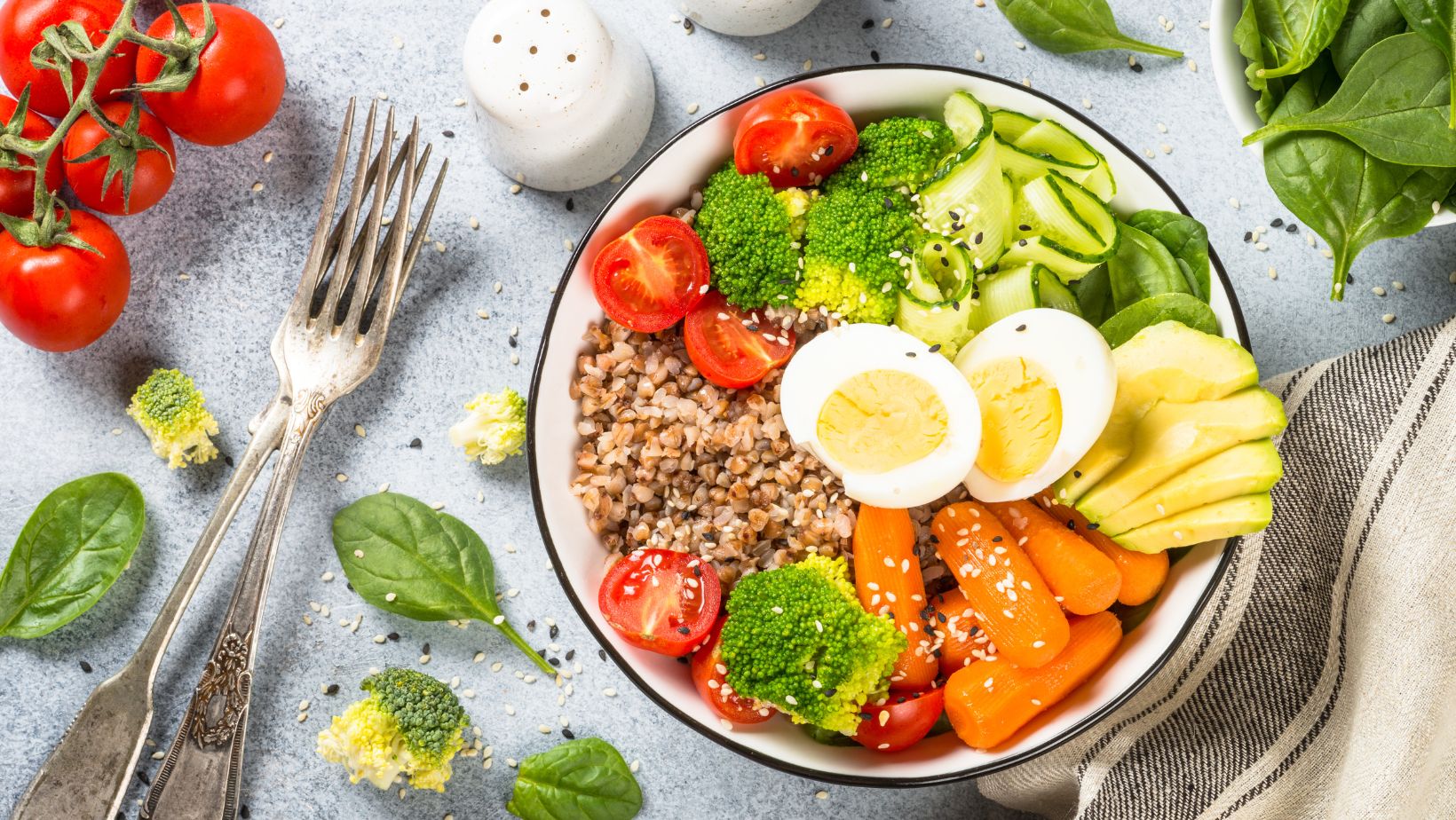
Planning your wedding can be an exhilarating experience. After all, the moment you’ve dreamed of for years is now coming true, and there’s only a little time left until you will be walking down the aisle and start your happily ever after next to the person you love.
Only naturally, you want to feel and look your best during this special day, and as you may know, your diet plays a significant role in whether or not you can achieve that goal. However, the last thing you want to do is go for those diets that promise quick results – while they may be tempting, the truth is that they will only leave you exhausted and weak, and this is definitely not ideal. Luckily, there’s a better way to shed excess weight and achieve that bridal glow you desire: an 8-week wedding diet program. This blends nutritious meals with consistent exercises and healthy habits that will benefit you beyond the big day. We will walk you through everything you need to know about this program below, so read on!
The nutrition fundamentals for your 8-week wedding diet
Any wedding diet should focus on nutritious meals that will nourish your body and support your weight management goals. Here are the basics you should know when structuring your nutrition plan:
Understand Your Caloric Needs
The first step in planning your wedding diet is to be aware of your calorie intake, and you can calculate your Total Daily Energy Expenditure by considering your activity level. Then, build a moderate daily deficit of 300-500 calories to ensure sustainable weight loss. Suppose your activity level is average; in this case, the ideal calories for you may be around 2,000 every day for maintenance and reducing them to 1,500-1,700 will support weight loss gradually without causing excessive hunger. While calorie awareness is important, do your best to avoid extreme restriction, as it won’t help at all.
Pay Attention To The Quality Of Macronutrients
Rather than focusing on calories alone, it’s helpful to focus on balancing your macronutrients by considering the following recommendations:
- Aim for 0.8-2 grams of protein per pound of body weight every day, as this will help preserve muscle mass and help you lose fat at the same time. Some foods to integrate into your diet include chicken, legumes, tofu, and Greek yogurt;
- Choose complex carbs that will stabilize blood sugar spikes, such as sweet potatoes, whole grains, and veggies, as these food choices will help sustain your energy for the workout and wedding preparations.
- Incorporate sources of healthy fats, like nuts, avocados, olive oil, and fatty fish, as they can support skin health and hormone balance, which are vital to get that bridal glow.
Keeping Your Expectations Realistic When Following A Wedding Diet Plan
Before following any wedding diet plan, it is essential to first set realistic expectations. It’s not uncommon for brides to put a lot of pressure on themselves to achieve a major transformation before the wedding day. This approach isn’t helpful at all because it can lead to extreme measures, disappointment, and unhealthy relationships with food.

The Structure Of Your 8-Week Wedding Meal Plan
To ensure the best results, you need to eliminate the guesswork from your wedding diet. Having a structured plan can be of great help in this regard. Here’s a framework to consider for your 8-week wedding diet:
Weeks 1 To 2: Start Building Healthy Habits
In the first two weeks of the wedding diet program, the focus should be on eliminating processed foods, excessive sodium, and added sugars, while creating a routine of balanced meals. For instance, in a day, you could have:
- Protein smoothie with spinach, plant-based protein, berries, and a tablespoon of almond butter for breakfast;
- Apple slices with 1 tablespoon of peanut butter as a snack;
- Large salad with mixed greens, ¼ avocado, 4oz grilled chicken, and vinegar or olive oil dressing for lunch;
- Greek yogurt with a sprinkle of berries and cinnamon as a snack;
- 4oz baked salmon with sweet potato and roasted Brussels sprouts for dinner.
Weeks 3 To 4: Identify What Is Working And Optimize
During these two weeks, keep track of portion sizes and focus on achieving a balanced macronutrient intake. It is the time when you refine and optimize the plan. Here’s how the plan would look for a day in these weeks:
- Two egg omelet with feta cheese, sliced tomatoes, and spinach, and one slice of whole grain toast for breakfast;
- A small paper and about 12 almonds as a snack;
- Quinoa bowl with roasted veggies, 4oz grilled chicken or tofu, and tahini dressing for lunch;
- Two tablespoons of hummus and sliced bell peppers as a snack;
- 3oz Turkey meatballs with zucchini noodles and homemade tomato sauce.
Weeks 5 To 6: Make Strategic Adjustments
Supposed weight loss has slowed; during this time, you can strategically adjust your meal plan by decreasing starchy carbs in the evening or incorporating another day of strength training. Here’s what your meal plan would look like on a day during this period:
- Overnight oats with almond milk, berries, chia seeds, and protein powder for breakfast;
- Celery sticks with almond butter (1 tbsp) as a snack;
- Lettuce wraps with ground turkey, sliced water chestnuts, and Asian-inspired seasonings for lunch;
- ¼ cup cottage cheese with cucumber slices as a snack;
- 4 oz Herb-roasted chicken breast with roasted non-starchy veggies (large portion) for dinner.
weeks 7 to 8: focus on the final preparations
During this time, it’s essential to focus on foods that decrease bloating and improve skin glow while helping you maintain your energy levels for the last-minute wedding preparations:
- Green smoothie with cucumber, pineapple, kale, ginger, lemon, and plant protein for breakfast;
- 2 Brazil nuts and a small handful of blueberries as a snack;
- 4oz grilled shrimp with fennel, large arugula salad, and light lemon dressing for lunch;
- String cheese and a small apple as a snack;
- Baked white fish with lemon and steamed asparagus for dinner.
The Bottom Line
This 8-week wedding diet plan can provide you with enough time to make meaningful changes to your body and overall health, but be sure to approach it mindfully. However, remember that your wedding is ultimately about celebrating love, so don’t obsess that much over your weight, and enjoy your special day.









